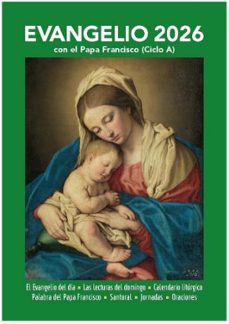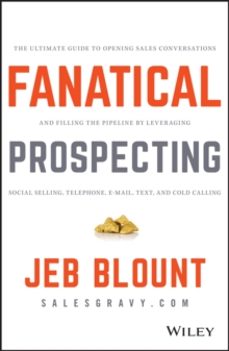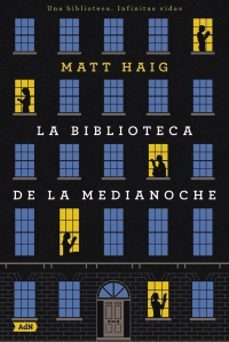📗 Libro en inglés GLOBAL FRACTURE: THE NEW INTERNATIONAL ECONOMIC ORDER
PLUTO PRESS- 9780745323954
Sinopsis de GLOBAL FRACTURE: THE NEW INTERNATIONAL ECONOMIC ORDER
This new and updated edition of Michael Hudson's classic political economy text explores how and why the US came to achieve world economic hegemony. Originally published as the sequel to Hudson's bestselling Super Imperialism, Global Fracture explores American economic strategy during a key period in world history.
In 1973, many of the world's most indebted countries sought to free themselves of trade dependency and the debt trap by creating a New International Economic Order (NIEO). This aimed to improve the terms of trade for raw materials and build up agicultural and industrial self-sufficiency.
Global Fracture shows how the US undermined this progressive initiative and instead pushed for financial dominance over the rest of the world. Today, the NIEO is a forgotten interlude, its optimism replaced by the financial austerity imposed by the IMF and the World Bank.
Exploring how America achieved its economic aims, and tracing the implications this has had through subsequent decades, Michael Hudson covers various topics including trade embargoes, changing US attitudes to foreign aid, the rise of protectionism, government regulation of international investments, the impact on specific industries including the oil industry, the implications of the new economic order and the future of war.
Ficha técnica
Editorial: Pluto Press
ISBN: 9780745323954
Idioma: Inglés
Encuadernación: Tapa dura
Fecha de lanzamiento: 20/04/2005
Especificaciones del producto
Escrito por Michael Hudson
Es uno de los principales economistas del mundo. Trabaja como asesor en finanzas y fiscalidad de Gobiernos de todo el mundo, como Grecia, Islandia, Letonia y China. Es profesor de investigación de la Facultad de Económicas de la Universidad de Misuri, e investigador asociado del Instituto de Economía Levy. Execonomista de Wall Street especializado en balanza de pagos y bienes inmobiliarios. También ha asesorado a los gobiernos de EEUU, Canadá y México y al Instituto de la ONU para la Formación y la Investigación.
Descubre más sobre Michael Hudson Recibe novedades de Michael Hudson directamente en tu email
Opiniones sobre GLOBAL FRACTURE: THE NEW INTERNATIONAL ECONOMIC ORDER
¡Sólo por opinar entras en el sorteo mensual de tres tarjetas regalo valoradas en 20€*!
































